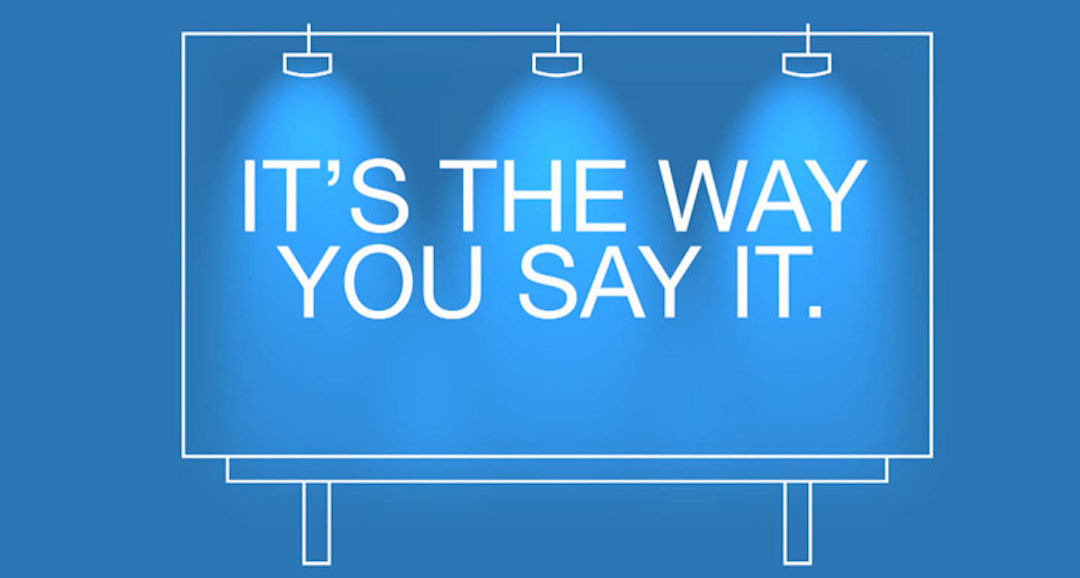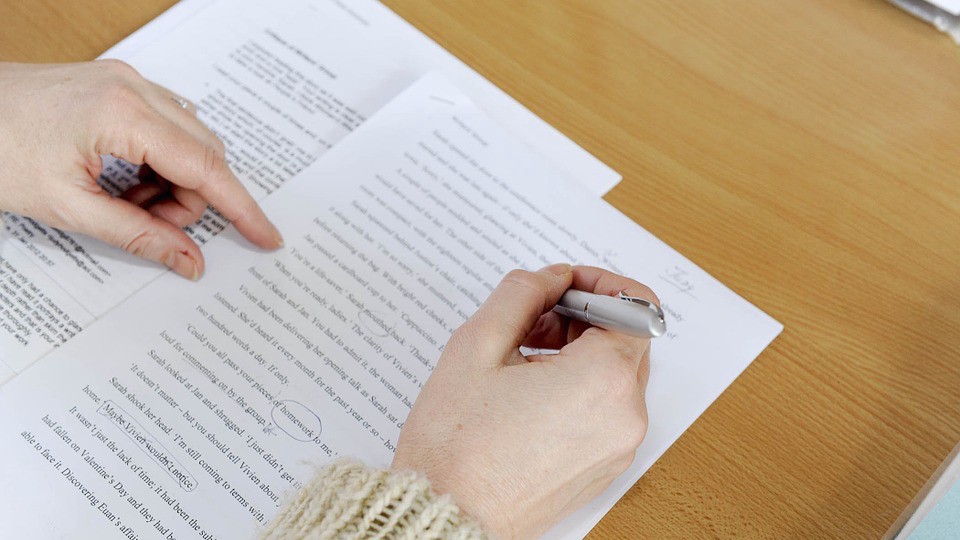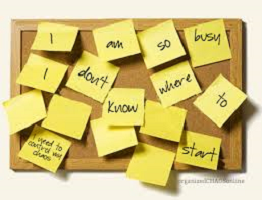03 Apr The Value of an Experienced Reviewer by Tracey Diefenbach, GPC
Posted at 11:11h
in Competency Seven, Evaluation, Federal Grants, Professionalism, Tracey Diefenbach, GPC, Writing
Hello April! I am greeting this month with big, open arms – ready for sunshine, warmer temperatures, open windows, and a good, deep spring cleaning (who doesn’t love washing windows and scrubbing baseboards?). If those are not enough reasons to love April, here’s one more: it’s National Volunteer Month – a time to celebrate and promote volunteerism and helping hands.
As a grant professional in the field for over 16 years, I have come to understand and deeply appreciate the value of a helping hand. One of the most valuable helping hands I have seen is proposal reviews, particularly for federal proposals (perfect timing as spring is often a federal grant season!). I have been fortunate enough to experience both internal and external reviews from those who are unfamiliar with my proposal’s program or the agency. BONUS: I have also served as an external reviewer for federal grant programs. The benefits of these extra eyes and hands are invaluable especially in an ever growing, highly competitive environment.
12 Feb How Do I Love Grant Writing? Let Me Count the Characters (I Mean, “Ways”)… by Leah Hyman, GPC
In honor of Valentine’s Day on the 14th, I thought it would be fun to take a moment to consider fourteen of the many things to love (or not) about our profession. Now, I’m no Elizabeth Barrett Browning, and this is no “Sonnet 43,” but I hope this list makes you smile and consider what you love most about grant writing.03 Jan Reset your Workspace by AGS Staff
As we say goodbye to the year that seemed it would never end, we are looking forward to 2021 with renewed hope. In the spirit of new beginnings, our January blog series is focused on resetting. Be it working from home, adjusting offices to allow for social distancing, or changing jobs altogether, a lot of us unexpectedly found ourselves working in new spaces over the course of the last year. If you’re like some of us, your new workspace might not be what most people consider “permanent” (maybe because, also like us, you were hoping it would be a more temporary solution). Or perhaps you’ve weathered the storm that was 2020 in the same space you’ve worked for years. Either way, the start of the new year is a great excuse to reset, rethink, and reclaim your workspace so you can prepare to take on a new year of possibilities.25 Oct Don’t Just Write It, Cite It: Ethical Research in Grant Writing by Leah Hyman, GPC
The topic of ethics in grants is incredibly broad, as there are often many moving parts and people involved with grant awards. The fund-seeking agency might have a variety of staff members contributing to the process: the executive director, program staff, finance staff, a grant writer, maybe even the board of directors. And then, of course, if the agency receives an award, there are ethical considerations for managing the sometimes very large sums of money. Once again, there might be a host of individuals carrying out the program activities, reporting progress, expending the funds, and so on. In other words, the agency is responsible for ensuring ethical practices across many levels of a grant award. But for the purposes of this discussion, I want to back up a bit. What about some of the ethics that go into researching and writing the proposal?06 Jul Describing the Target Population from a Context and Strengths-based Perspective – is the Target Population in Need or Does It Have a Need? by Julie Assel, GPC
Posted at 17:49h
in Competency Four, Competency Seven, Culture, Julie Assel, GPC, Narrative, Professionalism, Writing
I am the type of person whose brain is constantly thinking, even in my sleep. The harder the problem, the more likely I am to have several nights of sleep interrupted by fragments of thought my brain is trying to work through. Two weeks ago, this was my situation.
I was preparing to submit a grant to a funder on the cutting edge of the equity discussion. As a significant funder with a large corpus, the Health Forward Foundation is leading by example and investing in organizations that otherwise might be overlooked by other foundations.
My client serves a population not in Kansas City, Missouri proper, but one whose challenges mirrored those living in the middle of the city: high unemployment, low-paying jobs for those who are employed, high mobility for families struggling to pay their rent, and families in and out of homelessness when ends did not always meet. Families struggle with the trauma common to multi-generational poverty. Children struggle with adverse childhood experiences. But there are no mental health resources located in the community, and this is what my grant was trying to address.
The grant had been drafted for over a week when the demonstrations against systemic racism began. As I watched, listened, read, and thought, this grant proposal started to bother me. Had I truly reflected the need of the population and the context of the situation? How had I described the population who would receive these services – as those in need or those with a need? Were we truly putting forth the best portrayal of the client organizations we serve? Were we showing the strengths of the clients they serve? Were we doing anything to push back against systemic racism?
14 Jun Presentation Matters: How to Organize Grant Proposal Narratives by AGS Staff
Posted at 12:08h
in AGS Staff, Case Statements, Competency Four, Narrative, Program Design, Program Development, Writing
Grant proposals consist of a variety of components depending on each grant’s requirements. Most require some form of a budget, whether that is a simple project budget or a complex organizational budget, or both. Some will also include a budget narrative or justification and any number of other attachments. But in any grant proposal, the narrative is where you will likely spend most of your time. Fortunately, the proposal’s narrative is the fun part! This is where you get to put your storytelling skills to work. So how do you get started? Much like an author would begin a novel, start with an outline.










